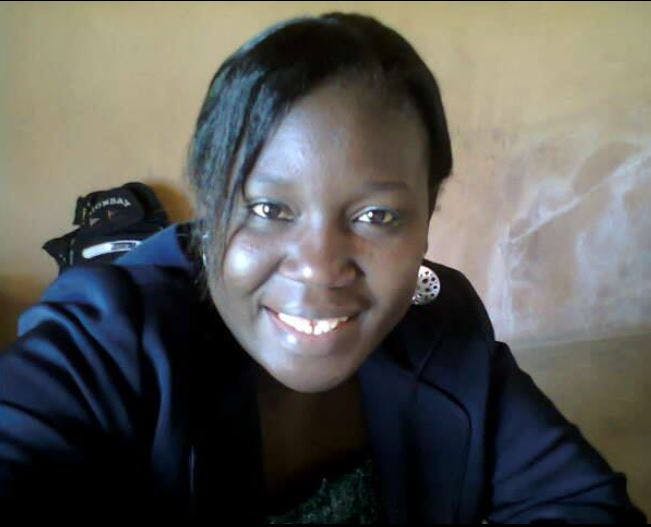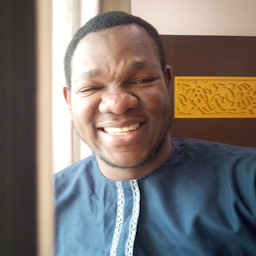Amplifying The Abilities In Disabilities
May 28, 2019
Story

We are all disabled in one form or the other as human beings. Some can see with their eyes but can't fly with their hands; some can speak with their mouth but can't hear beyond a kilometre. Isn't it inaccurate to think that some are fully able while others are partially disabled?
In my community, it happened that a pregnant deaf woman went to the hospital, heavy and ready to deliver an innocent baby; the nurses helped her into the labour ward and required that she spelt out some details but she couldn't, they were confused and didn't know how to help out. The deaf woman touched her ears to show the nurses that she couldn't hear. The moment the nurses were clear on her predicament, they left her immediately and concentrated on other pregnant women who can hear and speak. When the deaf woman realized that her baby was coming on, she screamed and made the hospital hall uncomfortable for everyone. Luckily, her screams got the attention of the nurses; they rushed in lackadaisically and grudgingly attended to her. Several hours later, they sent her home without asking after her welfare or to check if there were any complications. The situation above is one of many challenges that people living with disabilities face daily.
The Nigerian communities still hold a wide range of stereotypic perceptions which include discrimination and exclusion. In fact, within the community of people living with disabilities, the women are generally placed in a more disadvantaged position. As a person living with disability (deaf), I have witnessed some of these horrible and terrible situations in many ways and in different places.
As the Coordinator of the Nigerian Deaf Women Association, I consider the disabled people in North-East Nigeria as placed in the most disadvantaged location. The region is typically known for high rate of illiteracy, poverty and violence (the menace caused by the Boko Haram sect has made this situation worse). For these reasons, nobody is specially keen about development or state of livelihood of these group of people. The North-East Nigeria consists of six (6) States: Adamawa, Borno, Yobe, Taraba, Bauchi and Gombe States.
The story of deaf women in this region is pathetic and worrisome which only courage, perseverance, faith and doggedness can face it headlong with a firm conviction that change is the only constant thing in life. My fellow deaf women are being subjected to various abuses; lack of enrolment in schools, denial of employment, marital abnormalities, financial constraints, preventing the deaf women who want to further their education to pick a course of their choices, harsh and careless treatment by medical personnel in the hospital and so on.
The government in Nigeria has been making efforts in bridging the gap or at least narrowing the gap that exist between men and women in regards to the government appointments. Though, some achievements have been recorded, but the general situation is that majority of the women are still considered unfit to fully participate and bring positive influence on local or national decisions. I have engaged many deaf women like myself who have experienced these abnormalities at different points in their lives.
We have been working hard to create awareness on “Zero exclusion” for women living with disabilities. We have designed a framework for advocacy as well as capacity building. Due to some religious adherence within the North-East Nigeria, most deaf women are being denied to associate with their fellows. Nevertheless, we devised a means of reaching out to them by meeting these women in their communities and at home to see how we can train them in skill acquisition and financial empowerment so that they can contribute to the development of their communities and the nation at large.
We are also trying to see how we can work with the State Government so that when there are employment opportunities, the deaf women will be given the privilege to present their educated women for employment, we aren’t just looking for blue-collar jobs for them, we believe that we are capable of reasoning and bringing our creativity into any organization for the greater good. In the case of the adult deaf who may not be able to go to school again, we want to be taking them to vocational schools where they will be trained on different skills. With time, they can specialize in a field that interests them.
We also hope to get some financial assistance and fundraising so that when they are through with these training they can start their business without any hindrances. Part of our plans is also to teach the deaf women more about health-related issues especially family planning. Many of these women get married and give birth to a lot of children. My most recent experience was a woman who gave birth to 14 children but only five (5) of them are alive today. We want to teach them the importance of family planning, child spacing, cleanliness etc.
-By Miyausa Wayuta




